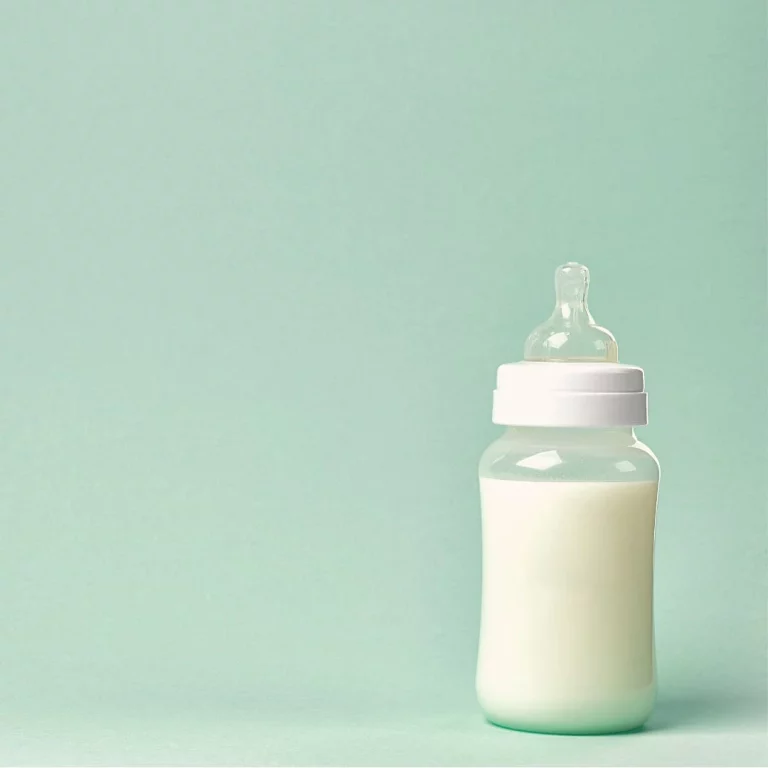Finding Brachial Pulse Infant
The infant brachial pulse is a pulse that can be felt in the upper arm of an infant. The brachial artery, which is located on the inside of the upper arm, carries blood to the arm and hand. The pulse of the brachial artery is often used to assess the heart rate and blood flow in infants.
Feeling for the brachial pulse is a simple way to check an infant’s heart rate. It is important to note that for someone who is not experienced at checking this, it may be difficult to reliably locate. If you are are truly concerned about a baby’s wellbeing, you should not delay in seeking urgent medical care or calling 911.
Performing Infant Pulse Check
To locate the infant brachial pulse, place two fingers (usually the index and middle finger) on the inside of the upper arm, just below the bend of the elbow. Press gently with your fingers until you feel a pulse, and count the number of beats for 15 seconds, then multiply by four to get the beats per minute.
The infant brachial pulse is an important pulse to check in certain situations, such as during a medical emergency or if an infant has a known heart condition. However, it’s important to note that the brachial pulse may be difficult to feel in some infants, particularly those with low blood pressure or weak pulses. If you are unable to feel the brachial pulse, you may need to check for the pulse in other areas, such as the femoral artery in the groin or the radial artery in the wrist. If you have any concerns about your infant’s pulse or overall health, it’s always best to consult with a healthcare professional.
Infant Heart Rate Ranges
Related: Best Waterproof Bath Books For Toddlers
The normal heart rate for an infant can vary depending on their age, activity level, and overall health. Here are the typical ranges for different age groups:
- Newborns (0-3 months): The normal heart rate for newborns is between 70-190 beats per minute (bpm), with an average of around 120 bpm.
- Infants (3-6 months): The normal heart rate for infants is between 80-160 bpm, with an average of around 130 bpm.
- Babies (6-12 months): The normal heart rate for babies is between 80-150 bpm, with an average of around 120 bpm.
It’s important to note that an infant’s heart rate may be affected by a variety of factors, such as illness, stress, or activity level. In general, a higher heart rate may indicate that the infant is more active or excited, while a lower heart rate may indicate that the infant is sleeping or relaxed. If you have any concerns about your infant’s heart rate or overall health, it’s always best to consult with your pediatrician.
Brachial Pulse Infant : Summary
While knowing how to check a pulse in an infant is a savvy skill, do not ever delay in seeking medical care or calling 911. Also, remember that most people who are not medically trained to locate a baby’s brachial pulse, will likely have difficulty doing so reliably.
We discuss products we think are useful to people. If you buy something through our links, we may earn a commission. Remember to check with your personal physician to see if a product recommended is right for you.








